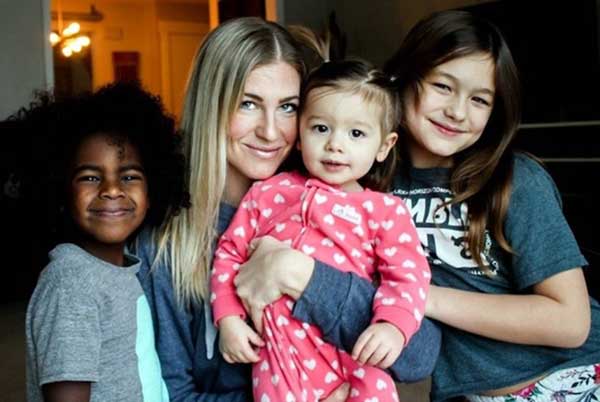Mark Richardson, Public News Service (AZ)
PHOENIX, Ariz. – A new report shows in the past decade, Arizona and other states have placed more foster children needing homes with relatives or to their families.
The Annie E. Casey Foundation research says between 2007 and 2017, Arizona child-welfare officials assigned fewer foster children to group homes and institutions. Beth Rosenberg, director of child welfare and juvenile justice with the Children’s Action Alliance, says her group is happy to see better numbers, but notes there is room for improvement.
“Arizona does a very good job of placing children with kinship families,” says Rosenberg. “However, the vast majority of those kinship placements are not licensed as foster parents, and they don’t get the financial and programmatic support that they might need.”
The report found in Arizona, 45% of foster kids were placed in kinship homes in 2017, compared to 34% ten years earlier. Over the same period, the number of kids placed in non-relative homes decreased by seven percentage points.
Overall, Arizona improved its placement of children with either relatives or non-relatives by three percentage points, compared to the national average of five percentage points.
Rosenberg says the state needs to improve both the numbers of teens and children of color who are placed with relatives or in other family settings.
“The African-American population in Arizona is about 5% and the number of African-American children in foster care is about 15%,” says Rosenberg. “Yet 22% of the African-American children in care are in group homes.”
Rob Geen, director of policy and advocacy reform with the Annie E. Casey Foundation, says placing a foster child with relatives can make a major difference in their life.
“No matter what that home environment was like, it is traumatic for a child to be removed from the home,” says Geen. “When they’re placed with someone who already knows the child – who knows their likes, their dislikes, knows about their family background – that is less traumatic.”
Geen says studies show when children are placed with relatives, they’re more likely to finish school, attain employment, less likely to become early parents and, overall, are much more likely to succeed in life.









